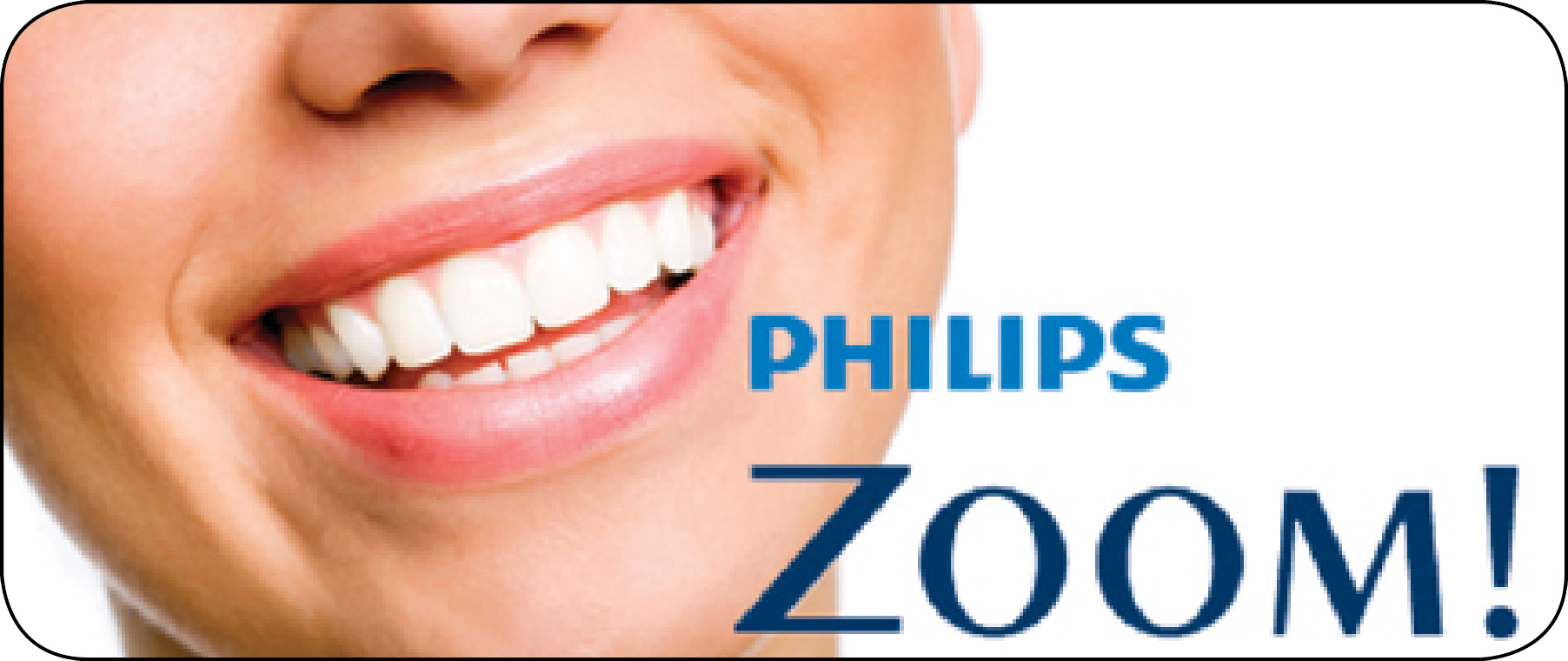
Englewood Cliffs Area Dentist Shares Common Symptoms
Periodontal disease, a more advanced form of gingivitis, is a chronic condition affecting the gums. Periodontal disease develops when plaque and bacteria accumulate on the teeth and in gum pockets. Over time, the infection inflames the gum tissue and eventually causes its detachment from the teeth and ultimate destruction. This dangerous condition can threaten the health of the entire mouth and quickly lead to tooth loss if left untreated. Here are common signs and symptoms of periodontal disease.
Bleeding When Brushing or Flossing
One of the biggest myths in dentistry is that a little bit of bleeding from your gums is nothing to worry about. Nothing could be further from the truth. Even a small amount of blood indicates some degree of gum inflammation and localized bacterial infection. Significant bleeding that occurs daily with brushing and flossing may be a sign of periodontal disease. As bacteria infect and destroy gum tissue, they easily bleed.
Red, Swollen, or Tender Gums
Normal gum tissue is light pink and has a "tight" appearance to the teeth. Gum tissue that is affected by bacterial infection is bright red, puffy, and can sometimes be tender to the touch or in general.
Gum Recession
Periodontal disease almost always includes some degree of gum recession. Recession occurs when bacteria eat away at the tissue, causing teeth to appear longer. This has several consequences, including an increased risk of cavities as well as loosening of teeth.
A Change in the Way Teeth Fit Together
When gum and bone tissue is destroyed, it allows teeth to shift. In some cases this can result in a change in your bite pattern, or the way your teeth fit together. A misalignment of teeth cause their own issues, but when paired with periodontal disease, it's a damaging duo.
Bad Breath
The severe accumulation of plaque and bacteria often causes notably bad breath in patients with periodontitis.
Presence of Pus
If you notice pus emerging from between your teeth or from under the gums, your periodontal disease is likely very advanced. Pus is a by-product of the body's immune system. It can also contribute to bad breath.
If you notice any of these symptoms, make an appointment with our Englewood Cliffs dentist as soon as possible. Gum tissue and bone will not grow back, so the adverse effects of periodontal disease are rarely reversible. However, their effects can be stopped and you can begin to maintain a healthier mouth free of harmful pathogens. Our team at Anderson Dental will determine which treatments are necessary and how their results can be maintained for the long term.
If you have any other questions regarding periodontal disease, treatment options, or you would like to schedule an appointment/consultation, call our team at (201) 461-5400 and our staff will happily assist you.









